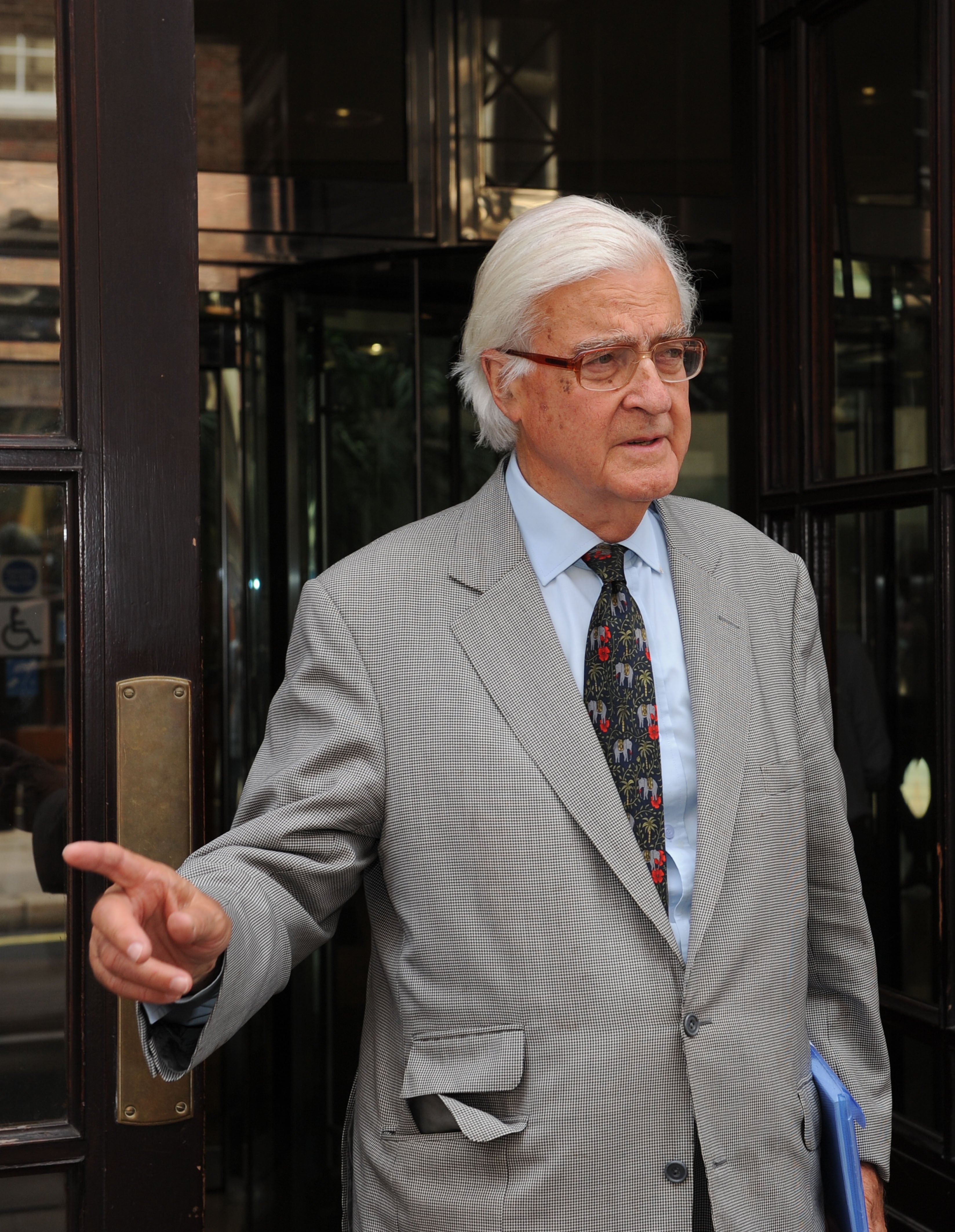Raising average GCSE scores will ‘disadvantage the disadvantaged’ – Lord Baker
The former education secretary says he was surprised by how ‘modest’ the Schools White Paper was.

One of the architects of GCSEs has criticised Government plans in the Schools White Paper, published on Monday, to raise the average GCSE score in maths and English from 4.5 to 5 by 2030.
The White Paper said pupils who were falling behind in maths and English at primary or secondary school would be given targeted support, for example in the form of small-group tuition, under a new “Parent Pledge”.
On Wednesday, former education secretary Lord Kenneth Baker, who helped introduce GCSEs, told the Commons’ Education Select Committee that the Schools White Paper should have promoted a “skills-rich” curriculum, as well as one that focused on knowledge.
He added: “I was surprised at how modest it was, really, because they were talking about the improvement of literacy and numeracy as the main point.
I don't really agree with the idea of pushing up the standard to 5 rather than 4.5, because I think that will leave many disadvantaged students at a disadvantage.
“Well, we’ll all agree with that – David Blunkett had a big try to improve it,” he said.
Lord Baker, who created the GCSE system as Margaret Thatcher’s education secretary in the late 1980s, added: “I don’t really agree with the idea of pushing up the standard to 5 rather than 4.5, because I think that will leave many disadvantaged students at a disadvantage.”
He said that he had introduced new T-Levels – an alternative to A-levels focused on vocational skills – at his University Technical Colleges 18 months ago, and that his trust had found they were more suited to academically able students.
“We discovered of the 10 who started, three dropped out because they weren’t academically up to it, and they were people who got 6, 5, 4, 3, 2 or 1 in GCSE… I really think the T-Levels are suited to students who are 7, 8 and 9 (the top grades), and not others, quite frankly.”
Lord Baker said that education policy should be focused on the “bottom third” of students who did not pass GCSE English and maths, and that there had been no progress for this group for over a decade.
He added that the curriculum reforms introduced by former education secretary Michael Gove from 2014 had not improved outcomes for low-attaining students.
“I think the role of any education secretary is to concentrate on the bottom third of the students in our country today, the forgotten third, the 30% who in fact don’t get levels 4 in English or maths,” he said.
“And, frankly, there’s been no improvement since 2010 in that area at all – the same number of disadvantaged children are today in 2022, the same as they were in 2010, so this great new Gove curriculum has not improved the lot of disadvantaged students significantly, and that is one of the reasons why our youth unemployment is double that of Germany.”
He said that one of his regrets as education secretary was that he had not been able to extend the school day.
“To some extent the White Paper is right in extending the working day. The biggest regret I had as education secretary was I wasn’t able to increase the working day by one lesson, and I couldn’t do it because I had changed so much,” he said.
The White Paper has proposed for all schools to have a minimum 32.5 hour week by September 2023.
He added that he had had to settle the teachers’ strike at the time, and that the new proposal for a minimum week in schools in the White Paper “has big consequences – teachers will want more for it”.
“They won’t take it lying down I don’t think, if they’re asked to do extra hours,” he said.
Lord Baker said during the session that pupils should be taught more about climate change, outside of the science curriculum, as this was a subject that enthused the younger generation and which they were passionate about.
“The students in your schools and the age they are are more interested in this than almost any other subject,” he said.
The introduction of a new GCSE in natural history is currently under consultation.